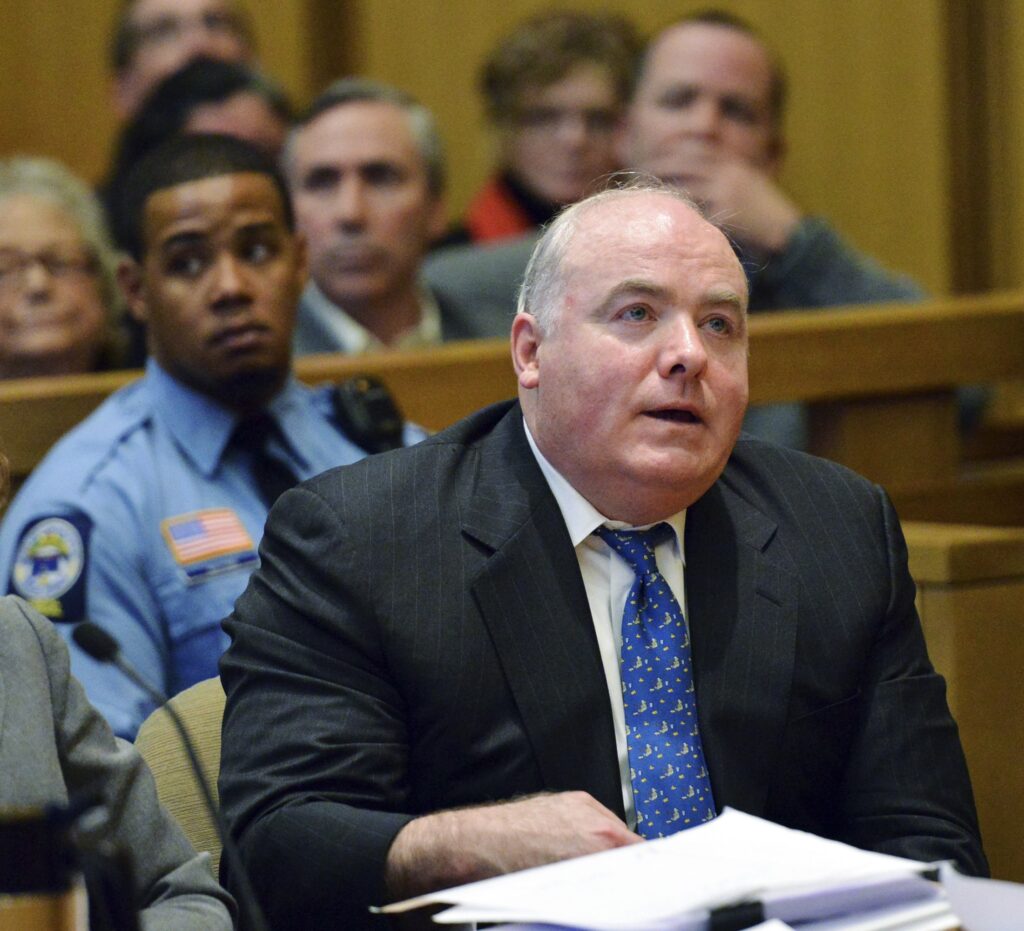By David L. Hudson, Jr.
The Hartford Courant has a qualified First Amendment right of access to the criminal proceedings of juveniles who are transferred to adult criminal court, the Second U.S. Circuit Court of Appeals has ruled.
In July 2019, Connecticut passed a law that increased confidentiality for those cases transferred from juvenile courts to adult courts. Under Connecticut law, juveniles who are at least 15 years of age and who are charged with murder or other serious felonies such as rape and armed robbery, have their cases automatically transferred to adult criminal court. These are called automatic transfer cases. In other so-called “discretionary transfer cases,” the juvenile court can transfer cases to adult criminal court. If a case is transferred to adult criminal court, the rules of that court apply, not the rules in juvenile court.
The Courant filed a federal lawsuit challenging the new law on December 11, 2019, saying that the law prevented the newspaper from being able to report on a retroactively sealed matter against Michael Skakel, who was convicted in 2002 of killing Martha Moxley. At the time of the murder, both Skakel, a Kennedy cousin, and Moxley were 15 years old.
Skakel, now 60, was granted a retrial in 2018 on the grounds that he had received an inadequate defense during his trial. Under the Connecticut law, the Skakel retrial would be closed to the public.
A federal district court granted the newspaper a preliminary injunction in its July 24, 2020 opinion, but the state defendants, administrators, and clerks at Connecticut Superior Court, then appealed to the Second Circuit, which affirmed the lower court in its Feb. 1, 2021 decision in Hartford Courant v. Carroll.
The Second Circuit cited several U.S. Supreme Court decisions—including Richmond Newspapers, Inc. v. Virginia (1980) and Globe Newspaper Co. v. Superior Ct. for Norfolk County (1982)— on the principle that criminal trial proceedings are presumptively open under the First Amendment based on history and tradition.
In these decisions, the Supreme Court determined that there is a qualified First Amendment right of access to such proceedings because they have historically been open to the press and public, and because public access plays a significant positive role in the functioning of these courts. This two-part analysis is sometimes called the “experience and logic” test.
The Second Circuit explained that “courts have consistently held that regular criminal courts are presumptively open to the public.” The defendants acknowledged this principle of openness for adult criminal cases, but emphasized that juvenile court proceedings are traditionally closed. They also noted that the First Amendment right of access was qualified rather than absolute because sometimes openness has to take a backseat to the constitutional right to a fair trial or the protection of highly sensitive information.
However, transferred cases are those that have been moved – at least temporarily – from juvenile court to adult criminal court. The Second Circuit also determined that opening these transferred cases plays a positive role in open justice, writing: “Open trials assure the public that procedural rights are respected, and that justice is afforded equally.”
The state court defendants argued that the Connecticut law was narrowly tailored to serve a compelling interest in preserving confidentiality for juvenile defendants. However, the Second Circuit disagreed, finding that a mandatory closure rule is far from narrowly tailored and does not adequately respect the presumption of openness.
The court further explained: “A more narrowly tailored approach—with a presumption of openness but the availability or confidentiality upon a showing of necessity—would better balance the public’s right of access against the dangers of stigmatizing juveniles by providing fuller protection when necessary.”
The Second Circuit explained that the state law mandates the sealing of the docket sheets, such that members of the press and public “would not even know of the existence of those cases.”
Tags




